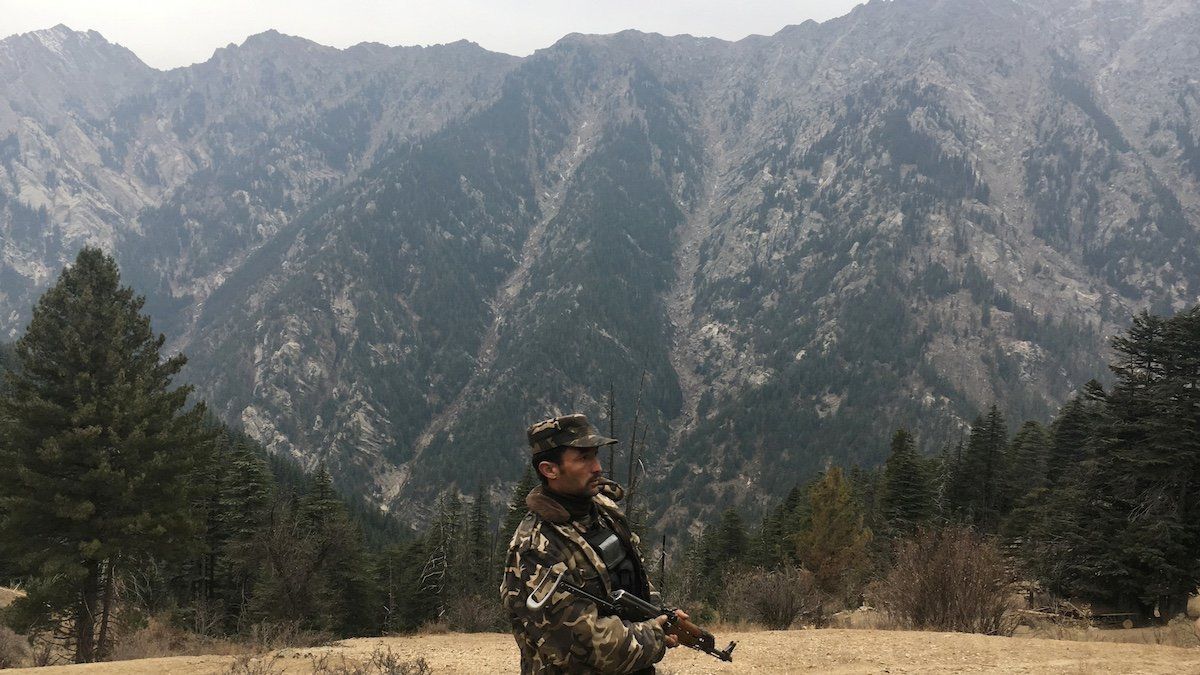Hard Numbers: Landslide tragedy in Afghanistan, Credit card mega deal, Debt default in Niger, Gun violence in New Guinea, EU takes on TikTok, Chinese New Year blowout, Japan crazy for food carts
25: Twenty-five people have died and twenty homes were destroyed in a landslide triggered by heavy rain and snow in eastern Afghanistan's Nuristan province. Harsh winter weather, difficult terrain, and a lack of resources are hampering rescue efforts for those still trapped.
35,300,000,000: Capital One will merge with credit card network Discover in an all-stock deal valued at $35.3 billion dollars, expected to close in late 2024 or early 2025. The merger would render the combined firm the largest US credit card company by loan volume, but consumer advocates say the deal raises antitrust concerns.
519,000,000: The West African nation of Niger has defaulted on another debt payment, bringing its total debt default to $519 million since a military coup last July, according to the West African monetary union debt management agency UMOA Titres. Niger’s recent missed payment of $22 million is but the latest challenge faced by the Sahel nation, including suspended international aid, closed borders, and a possible currency change.
26: Twenty-six people were killed in a tribal ambush in a community dispute in Papua New Guinea's Highlands region. The area has traditionally struggled with violence, but a recent influx of illegal firearms have made clashes more deadly.
6: The EU could take a big bite out of ByteDance, parent company of social media giant TikTok. The company could be subject to a fine of 6% of its global turnover if found to have violated EU online content rules, particularly regarding the protection of minors and advertising transparency.
474,000,000: Now that’s a holiday! During China’s eight-day Lunar New Year celebrations, Chinese travelers were on the move, taking 474 million domestic trips, up 19% from 2019, and splashing out spending of 632.7 billion yuan (US$87.9 billion), up 7.7% from pre-pandemic levels.
100,000: Japan's latest craze? Snagging a bullet train food cart for your kitchen or canteen. After Central Japan Railway decided to discontinue the use of its 50 iconic snack-mobiles, it was swamped with nearly 2,000 bids at $100,000 yen (US$666) a pop, proving that the race for train memorabilia is just as fast-paced as the shinkansen line itself.
